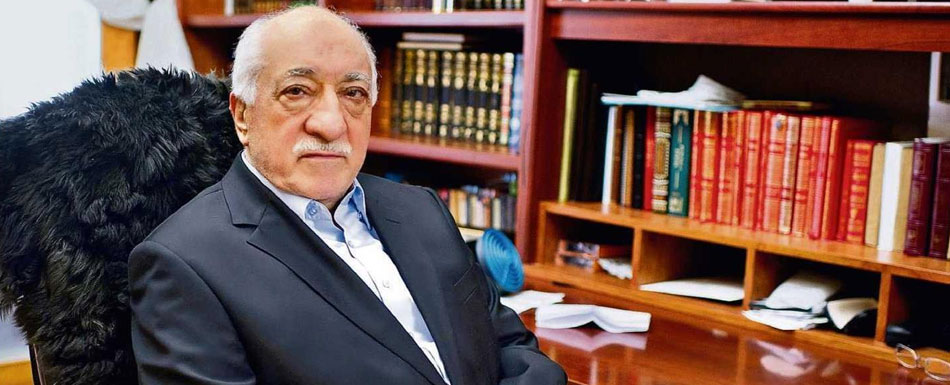Do service-network leaders or participants ever seek or offer particularist rewards?

Inside the Gülen Movement the leaders act as circulators of information, different perspectives and experience. In the outside world, they act as representatives of the network(s) and usually project an image of the services with which participants can identify and from which participants draw affective gratification and further incentive.
This leadership and representation provide and require an intensive exchange, interaction and socialization. For many in the Gülen Movement the very intensity of exchanges, interaction and participation itself becomes a reward. Therefore, the function of a network leader is to gather and co-ordinate individuals, and to represent projects that the individuals collectively and altruistically work for. This function yields services from which many people benefit and which (according to the orientation of the Gülen Movement) God will be pleased with. So the ultimate reward is from God alone and manifold. This is because the participants become the initiator of prolific righteous deeds, as they express their willingness to serve in all parts of the world.
This commitment therefore does not lead participants to seek particularist rewards outside accepted norms and behavior, nor does it lead the network leaders to offer conditional compliance for different demands and isolate some participants.
- Created on .
